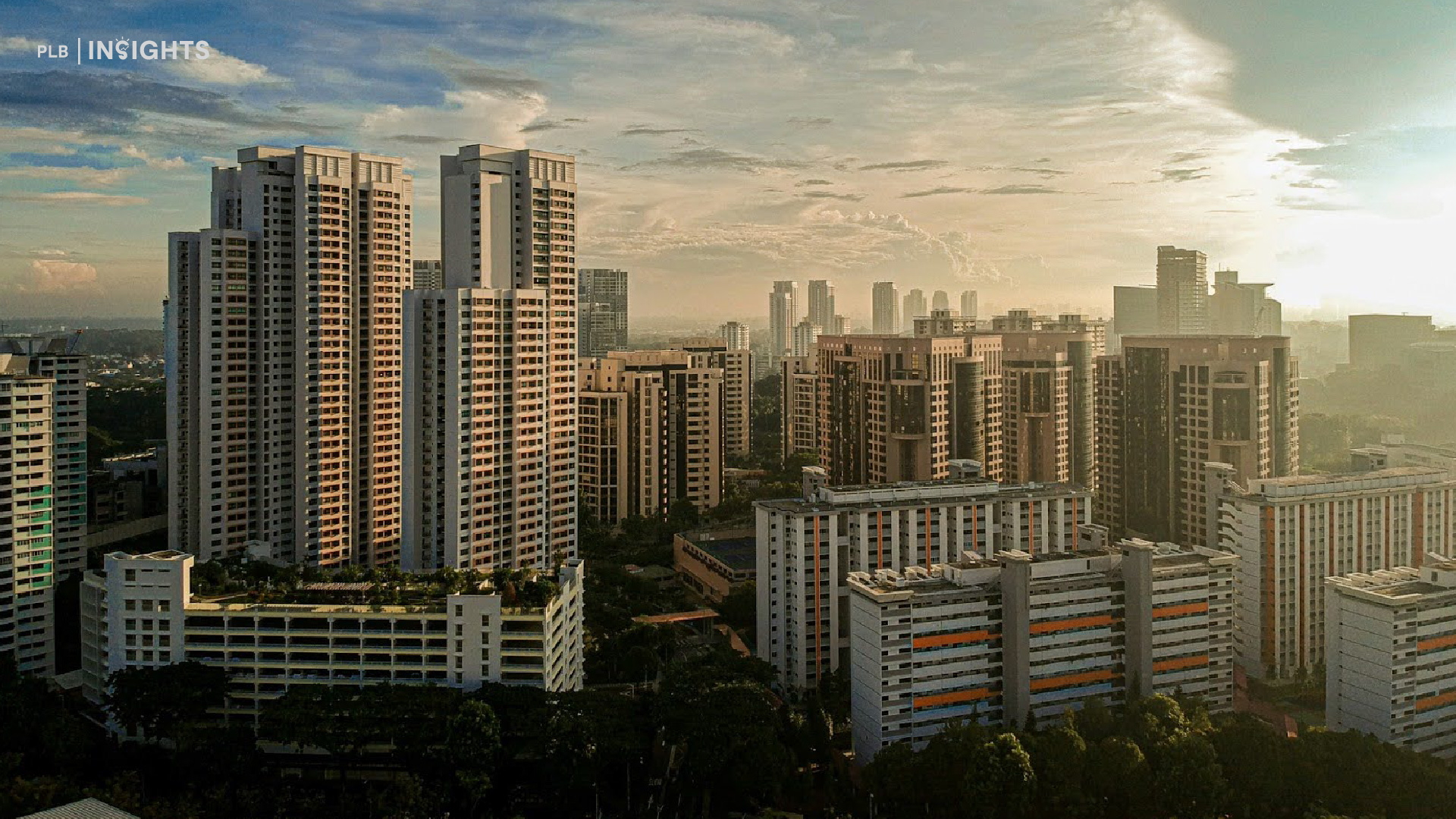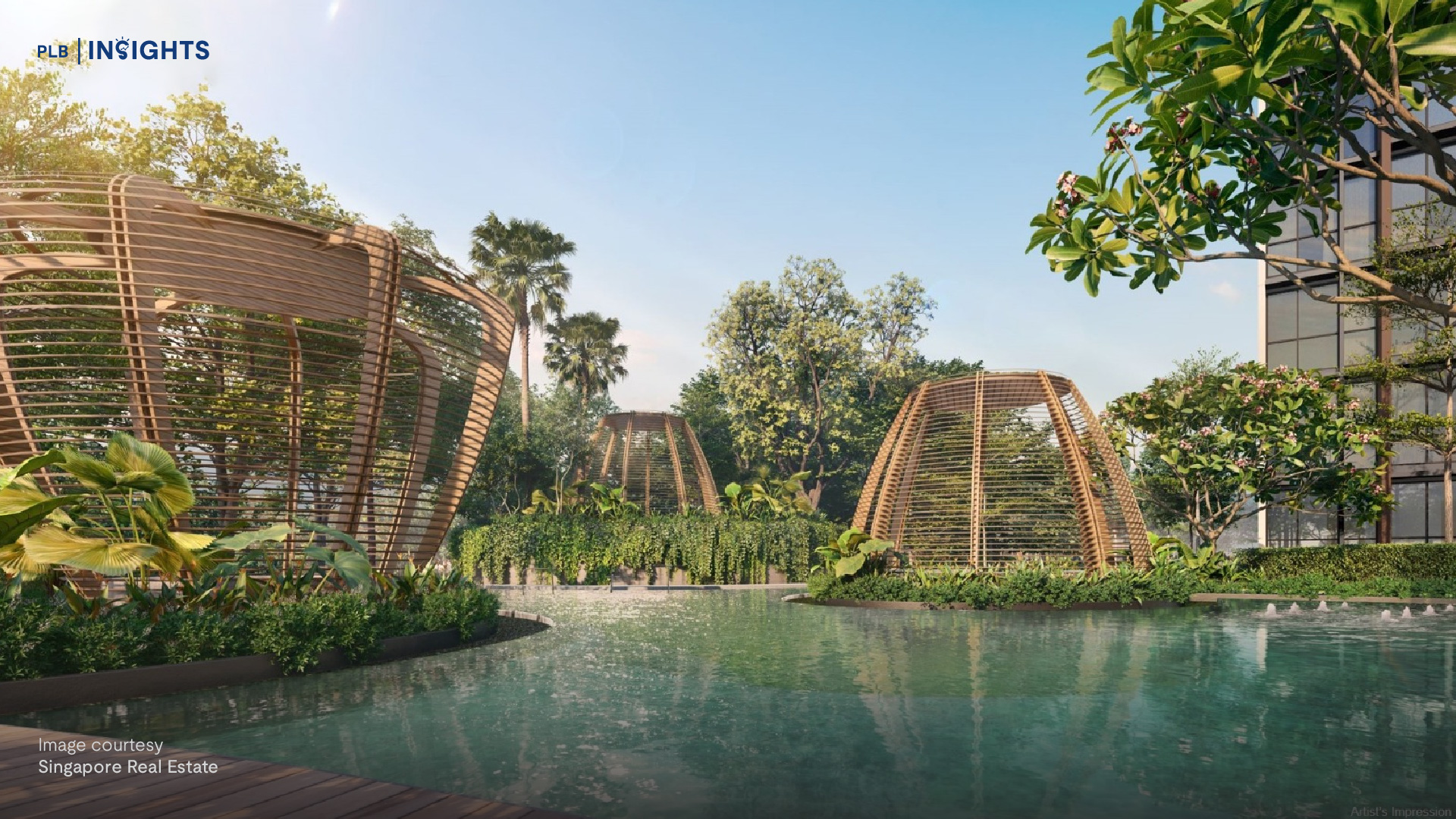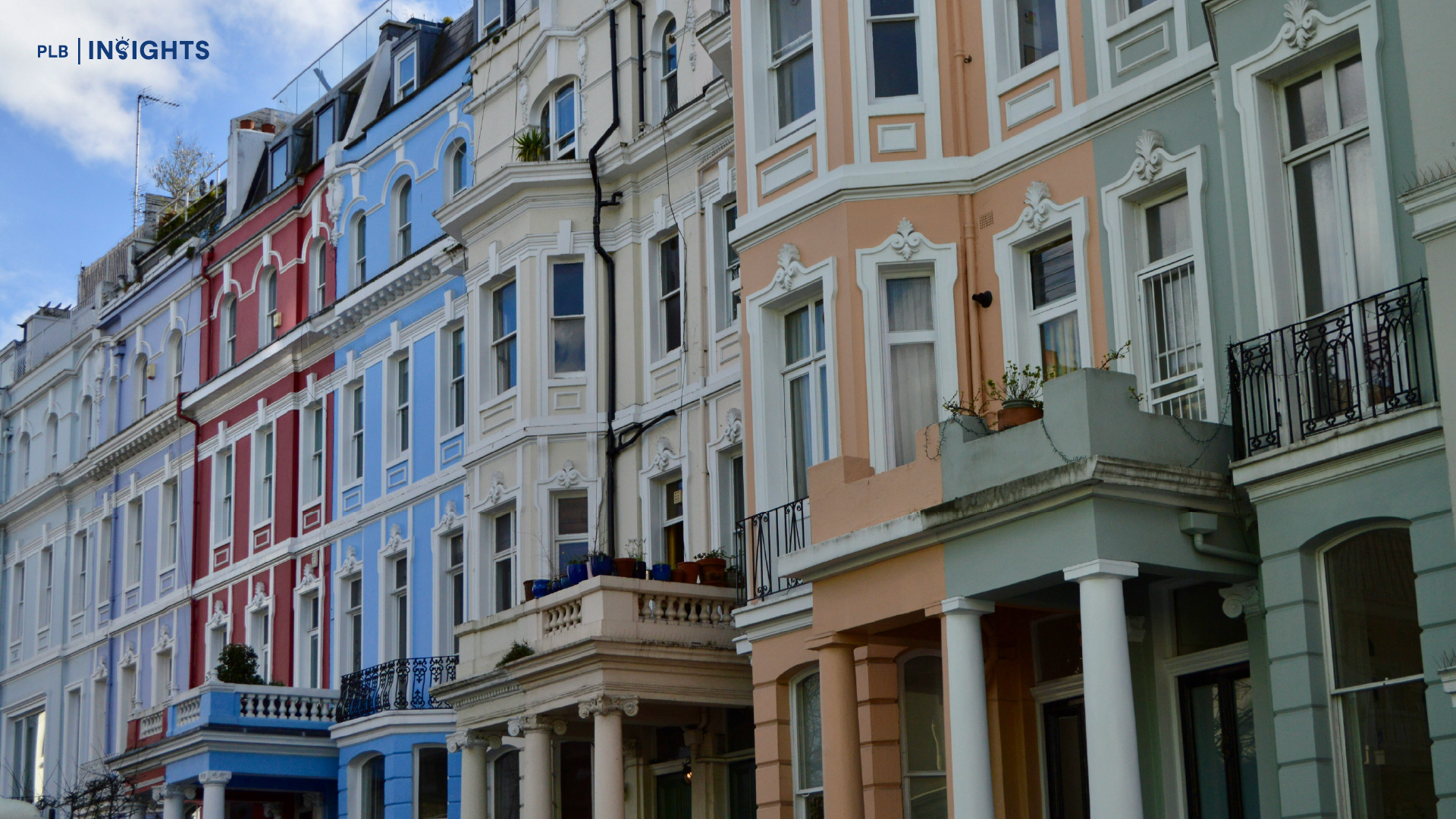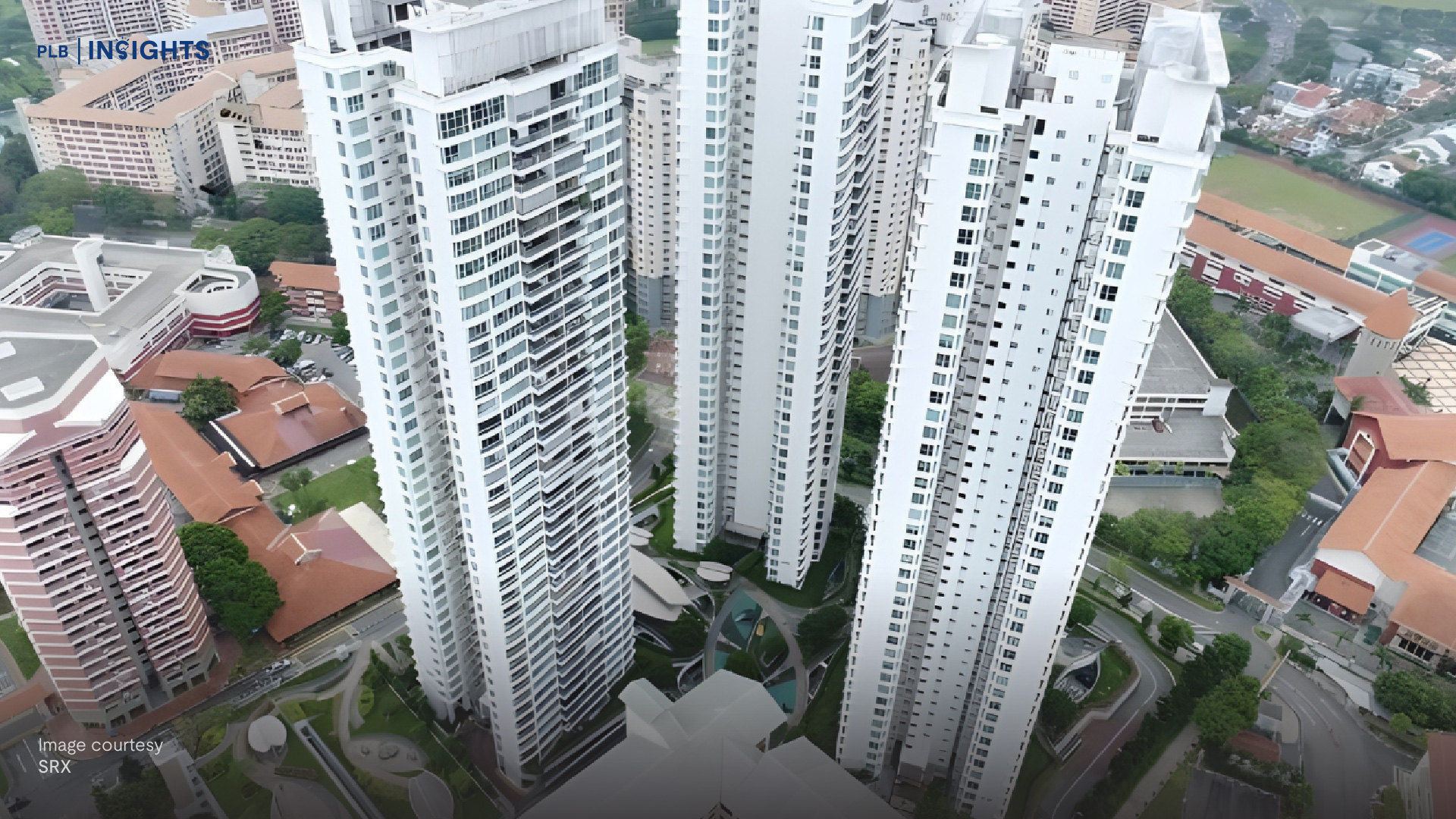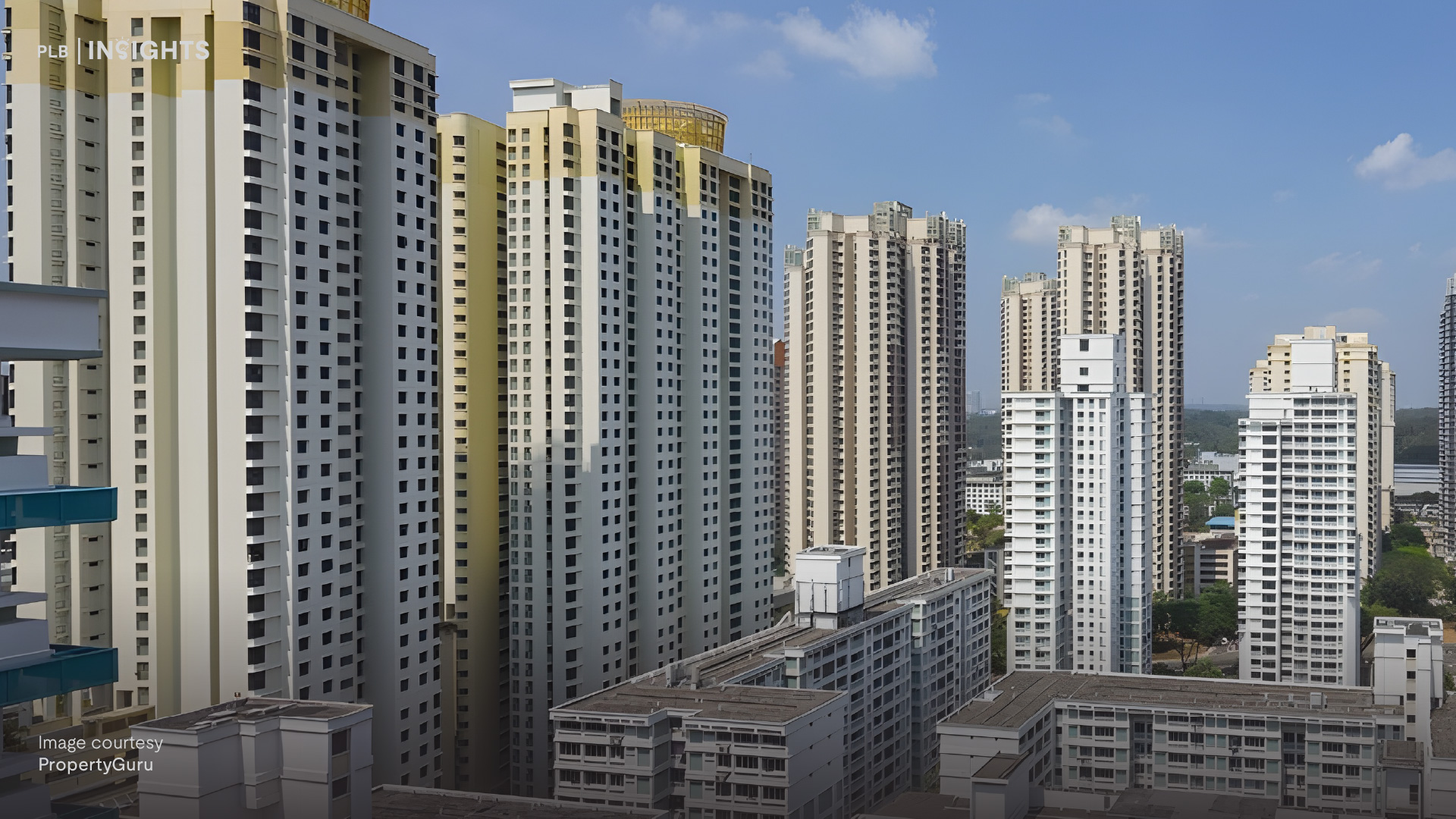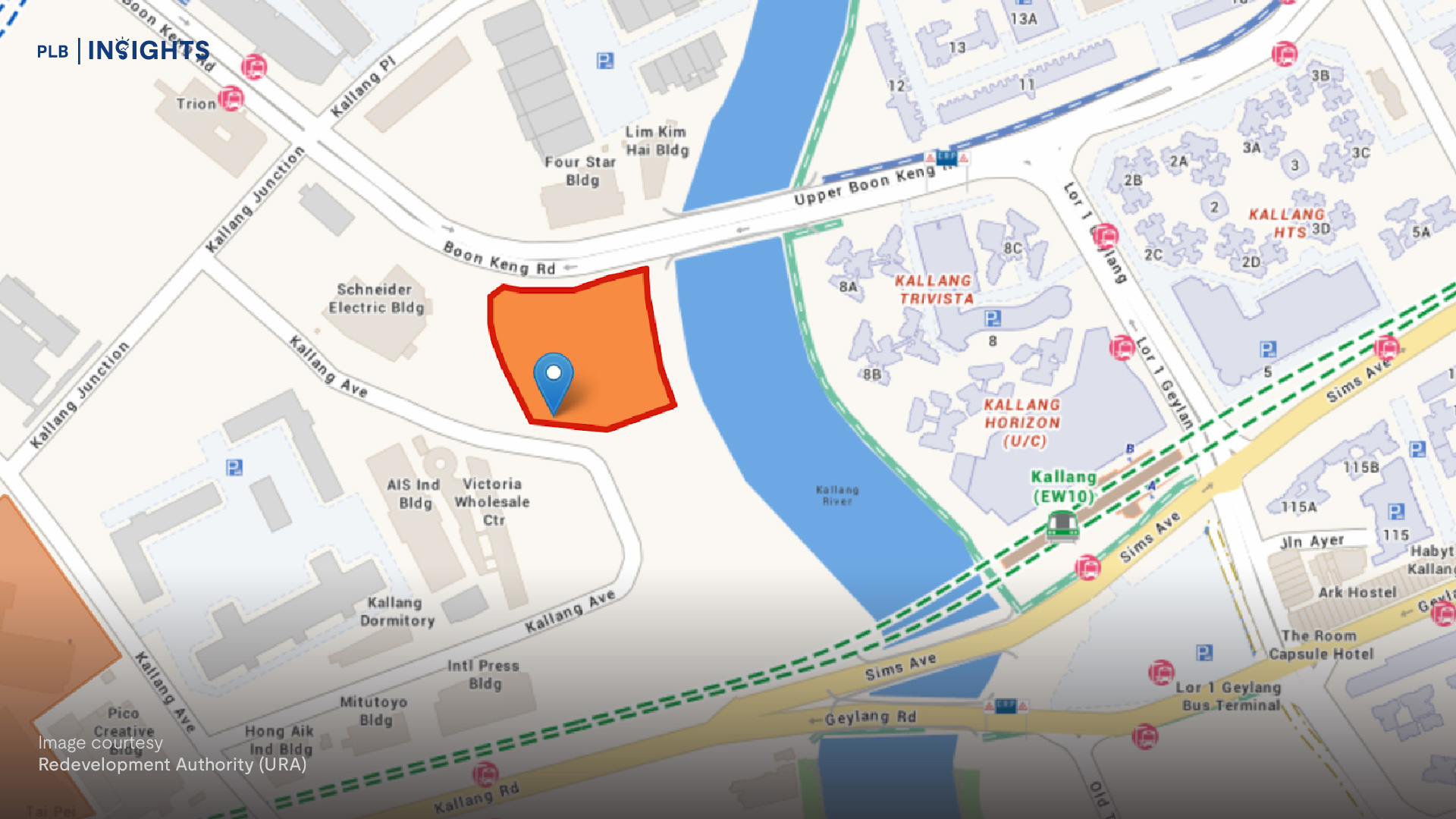
It’s that time of the year again when Singapore announces their financial plans and makes its yearly revisions to taxes. I think we all know where this is going…
Although we consumers are not fans of increases in taxes, we inevitably will have to pay for them. Hence, we should get to familiarise ourselves with the changes in the legislation to prepare our finances for the future better!
The two main areas that Budget 2022 will immediately affect the property market is through increased tax rates for residential properties and the incremental GST hike. The plans for more electric vehicle charging points in residential areas are worth noting as they could change housing trends.
Increased tax rates for residential properties

Property tax will be revised from 2023 onwards, affecting both owner-occupied and non-owner-occupied residential properties.
Owner-occupied residential property
Owner-occupied homes with an annual value of $30,000 or less, such as HDB flats, condominiums and landed property in suburban areas, will not be affected by the increase in property tax rates.
However, the property tax rates for the portion of annual value in excess of $30,000 will be revised.
-
Current tax rate:
-
4% to 16%
-
-
Tax rate with effect from 2023:
-
6% to 32%
-

Non-owner-occupied residential property
All non-owner-occupied residential properties, such as investment properties, will face higher taxes of 12% to 36%, up from 10% to 20% currently, with the increase more significant for properties at the high end.
With the increase in property tax, there is no confirmation on how the market would immediately react. Time will be the only judge of whether the increment will deter residential property investors looking to capitalise on the rental market or further fuel the rental market by transferring the extra cost to potential tenants.
For all non-owner-occupied residential properties
-
Current tax rate:
-
10% to 20%
-
-
Tax rate with effect from 2023:
-
12% to 36%
-
the increase will be more significant for properties of higher quantum price
-
Incremental GST hike in 2023 and 2024

Image courtesy Reader’s Digest
Goods and Services Tax (GST) will be increasing from 7% to 9% in incremental stages.
-
GST will be increased to 8% on Jan 1, 2023.
-
GST will be increased to 9% on Jan 1, 2024.
While the sale and lease of residential properties are exempted from GST, the sale and lease of non-residential properties are subjected to GST if ownership of the property is by a GST registered entity. For properties that consist of both residential and non-residential portions, the non-residential portion is liable for GST.
Although this may not be drastically portrayed in the commercial market as a good portion of commercial transactions are between entities. GST Registered entities will be able to claim back the GST paid on the transaction as long as they fulfil the criterias set out by IRAS.
GST is also chargeable on movable furniture and fittings. Hence buyers and renters will have to look out for increased costs on furnished properties due to increased GST charges.
Commissions paid to property agents are also subjected to GST as long as the service rendered is in relation to a property located in Singapore and the Estate Agent is a GST registered entity.
With that thought in mind, some might look to Sell and Purchase their properties before the hikes in order to reduce the cost of transacting. Although the 2% increase might not seem like a large jump, the cost of selling and purchasing will proportionately increase based on the quantum of the transaction.
In summary, consumers have to be aware of the higher GST they will be paying on Jan 1 2023 onwards for the following:
-
Sale and Lease of non-residential properties
-
Movable furniture and fittings supplied in property that they have bought or leased
-
Commissions paid to GST registered property agents
Electric Vehicle Charging Points

Image courtesy Shell
With Singapore planning to phase out internal combustion engines by 2040 as part of the Singapore Green Plan, more charging points will be built closer to residential areas in a bid to accelerate EV adoption further.
Hence, it might be inevitable that charging points will become a selling point of houses or become an indispensable feature of homes in the near future.
It might be a good idea for those looking for a landed home to look into buying homes that already have a charging point or install one on their own to appeal to a more future-forward buyer pool.
Closing thoughts
With the increased cost of living due to the increased taxes, we think it would be prudent to consider what you’re paying for.
If the plan is to perhaps relocate your family to a larger home with a bigger price quantum, do take note of the impending increase in the Property Taxes and potential cost of GST through real estate Agency fees.
If you’re looking to explore restructuring your property portfolio in alignment with the new changes to the revised residential property tax rates, feel free to contact us for a non-obligatory session with our experienced consultants. Click here to contact us now!


